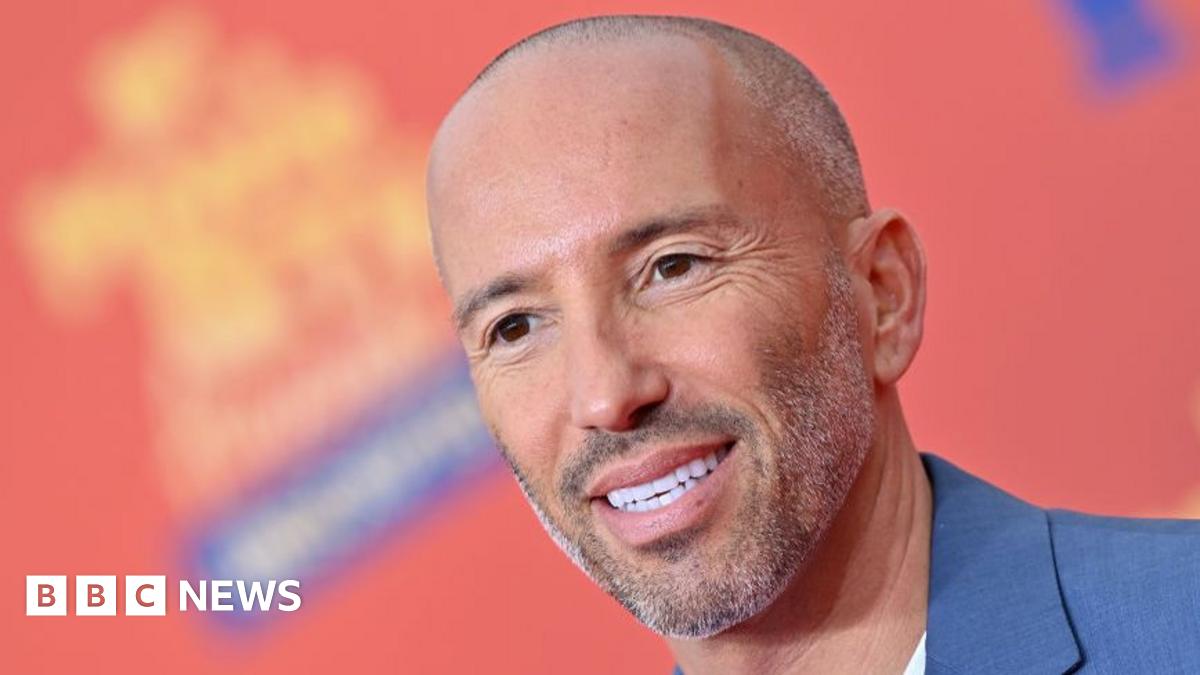Unlock the White House Watch newsletter for free
Your guide to what the 2024 US election means for Washington and the world
The Biden administration is poised to unveil steep new tariffs on imports of critical materials from China in its final effort to protect US manufacturing from the Asian superpower’s dominant cleantech industry.
The US trade representative’s office will on Wednesday announce a doubling to 50 per cent of the tariff on Chinese solar wafers and polysilicon, and hit tungsten products with a 25 per cent levy, according to people familiar with the plans.
The new tariffs, which will take effect on January 1, just weeks before Donald Trump replaces Joe Biden in the White House, mark an effort to shelter the US’s fast-growing solar energy sector from cheap Chinese suppliers.
Solar wafers and polysilicon are essential in solar cell manufacturing, and tungsten is used in goods ranging from weapons to computer chips. The new tariffs underscore Washington’s anxiety about US over-reliance on China for materials crucial to its energy security and tech sector.
The decision caps four years in which Biden has combined billions of dollars in cleantech and semiconductor manufacturing subsidies with punitive levies on Chinese supplies in an effort to reinvigorate the US rustbelt and supercharge domestic industry.
It also comes amid strained trading relations between the world’s two largest economies. The US and other western countries have accused Beijing of dumping, while Washington has moved to restrict the export of technology that could be used by China’s military.
This week, China launched an antitrust probe into chip giant Nvidia and recently announced controls on exports to the US of critical minerals needed for chips and military tools.
Trump, who launched a trade war on China in 2018, repeatedly made threats against the country’s powerful export industry during his successful run for the White House this year.
The Republican president-elect vowed to impose tariffs of up to 60 per cent on Chinese goods and recently said he would add levies linked to his accusation that Beijing had allowed drugs to be trafficked to the US.
The new clean energy tariffs to be announced on Wednesday are the final action taken as a result of a three-year review by the Biden administration into tariffs Trump imposed on China when he was last in office.
Biden’s trade officials had already chosen to keep Trump-era tariffs on $300bn worth of Chinese goods but expanded the regime to target strategic industries such as clean energy and chip manufacturing.
The latest measures were first proposed to US businesses for comment in September and follow a package announced in May, when Biden quadrupled to 100 per cent the tariff on Chinese electric vehicles and sharply raised levies on other Chinese cleantech parts.
The move comes as US-China relations remain deeply strained despite efforts over the past two years to stabilise ties.
China has repeatedly accused the Biden administration of taking measures to impede its economic development. President Xi Jinping last month told Biden at a meeting in Peru that efforts to hurt Chinese economic development were a “red line” that Washington should not cross.
US officials have responded that their policies are designed to protect American economic and national security.
Credit: Source link











